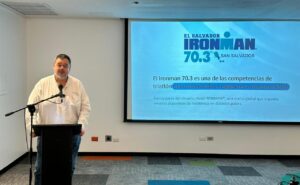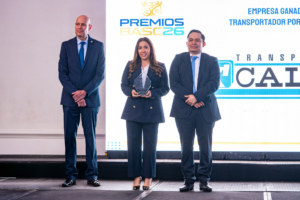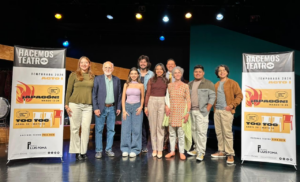In an unprecedented event, the Tribunal Supremo Electoral (TSE) approved 20 months before the date of the elections, the 46 programs of the Plan General de Elecciones (PLAGEL) 2027, as well as the Special Extraordinary Budget for the Electoral Event, all this thanks to the effort and dedication of the Collegiate Body and the different units that make up the institution.
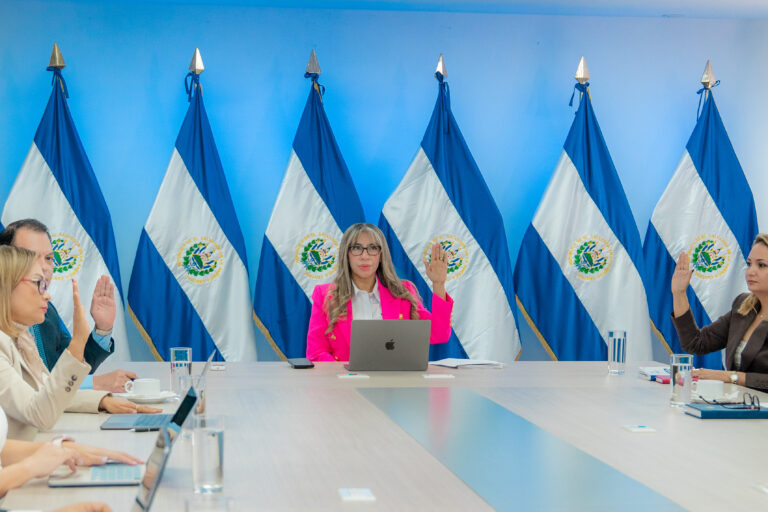
The Collegiate Body -chaired by Magistrate, Roxana Soriano- unanimously endorsed the roadmap that will govern the organization of the Legislative and Municipal Elections of the great electoral celebration of february 28, 2027.
As part of the implementation of the Salvadoran Electoral Cycle 2025 – 2029, this approval marks a historic advance, being an achievement that responds directly to the new institutional vision of the TSE, focused on efficiency, advance planning and modernization of the electoral processes.
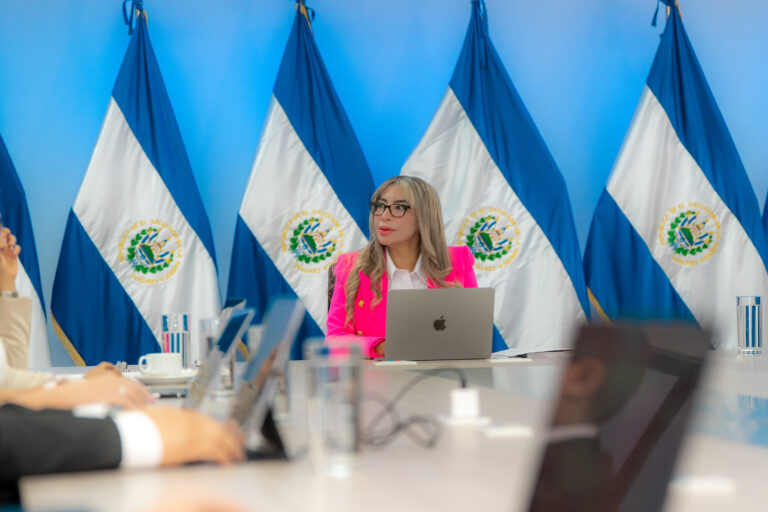
Structure of the PLAGEL 2027
The plan is made up of 46 programs, comprised of:
- 24 programs for suffrage in national territory, covering operability, logistics, technology, security, training, jurisdictional aspects and electoral administration.
- 22 programs oriented to the suffrage abroad, with emphasis on guaranteeing the exercise of the right to vote and run for elected office of salvadorans abroad.
The corresponding presentations were made before the Collegiate Body between may 21 and june 6. As a result, today we have a solid technical plan, approved and ready for its execution.
“We are fulfilling with concrete facts the vision of a modern and orderly TSE, at the service of the citizens. We invite all salvadorans living inside and outside the country to join this great Electoral Party that is being built with transparency, anticipation and responsibility”, said our Magistrate President, Roxana Soriano.
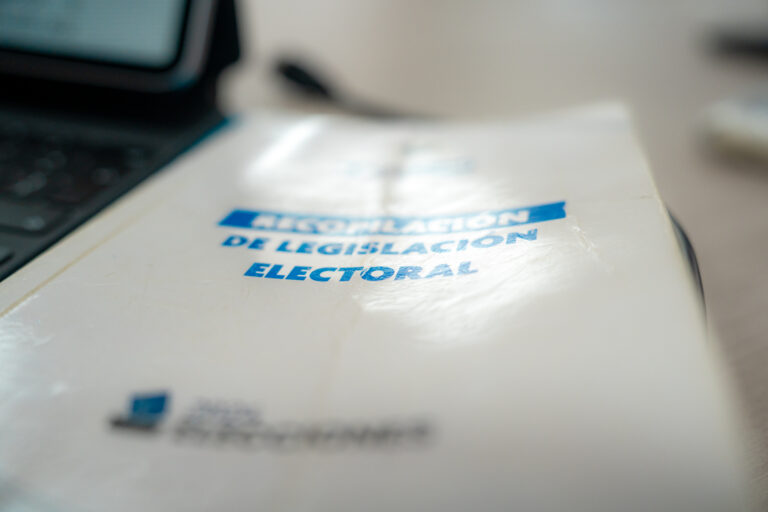
As the highest authority in electoral matters, the TSE reaffirms its commitment to democracy, demonstrating that it is possible to organize elections with efficiency, quality, and vision, where every salvadoran, regardless of their place of residence, can exercise their right to vote freely, directly, securely, and transparently.



